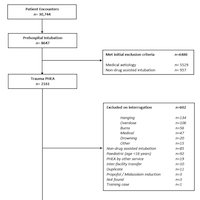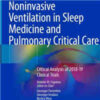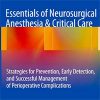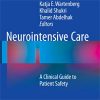Interhospital Transport on Extracorporeal Membrane Oxygenation of Neonates
frontiersin.org
In recent years the number of extracorporeal membrane oxygenation (ECMO) cases in neonates has been relatively constant. Future expansion lays in new indications for treatment.
Regionalization to high-volume ECMO centers allows for optimal utilization of resources, reduction in costs, morbidity, and mortality. Mobile ECMO services available “24-7” are needed to provide effective logistics and reliable infrastructure for patient safety.
ECMO transports are usually high-risk and complex. To reduce complications during ECMO transport communication using time-out, checklists, and ECMO A-B-C are paramount in any size mobile program. Team members’ education, clinical training, and experience are important.
For continuing education, regular wet-lab training, and simulation practices in teams increase performance and confidence.
In the future the artificial placenta for the extremely premature infant (23–28 gestational weeks) will be introduced. This will enforce the development and adaptation of ECMO devices and materials for increased biocompatibility to manage the high-risk prem-ECMO (28–34 weeks) patients.















